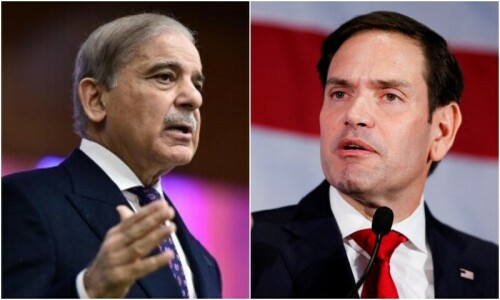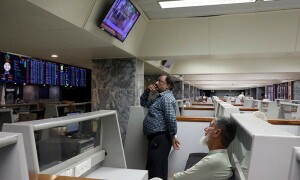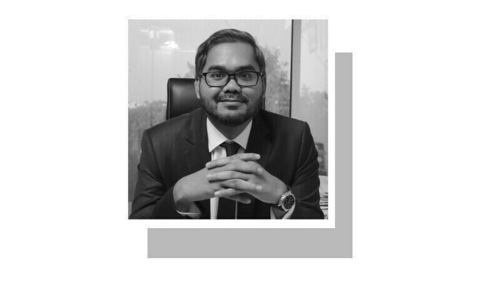At UN, Afghan leader calls on Pakistan to crack down on terror outfits

UNITED NATIONS: During his address to the United Nations General Assembly, Afghanistan's chief executive Abdullah Abdullah has called for Pakistan to keep its promise to crack down on Islamic extremists blamed for carrying out cross-border attacks and destablising the impoverished war-torn country.
Abdullah Abdullah's address Monday night to the UNGA came hours after a fast-moving assault by the Taliban captured the strategic northern Afghan city of Kunduz in a multi-pronged attack involving hundreds of fighters, the first time the insurgents have seized a major urban area since the 2001 US-led invasion.
Abdullah said some of the attackers had come from abroad, and said, “We call on Pakistan to do what its leadership promised to us a few months ago when they agreed to crack down on known terror outfits.”
Related: Pakistan will continue working for restoring peace in the region
Abdullah also cited the Islamic State as among the extremist groups sowing terror in Afghanistan, and said without external support “this guerrilla-style low intensity warfare would have been history by now.”
The Afghan leader expressed optimism that the insurgency would be defeated, saying “these attempts will eventually fail to subdue us.”
On Saturday, Adviser to the Pakistan Prime Minister on National Security and Foreign Affairs Sartaj Aziz while attending a high level event "Afghanistan’s Peaceful Reconstruction and Regional Cooperation" said the peace and prosperity of Afghanistan was essential for Pakistan's own security.
Sartaj stressed that Pakistan's efforts to persuade the Afghan Taliban to participate in peace talks should not, however, be interpreted as indirect endorsement of the current surge of violence in Afghanistan. The event was co-hosted by Afghan Foreign Minister Salahuddin Rabbani, Chinese Foreign Minister Wang Yi and United States Secretary of State John Kerry.
PM Nawaz Sharif will address the United Nations General Assembly on September 30.
Pakistan had hosted a meeting between the Afghan government and Afghan Taliban representatives in Murree on July 7 2015 along with representatives from China and USA.
The participants were duly mandated by their respective leadership and expressed their collective desire to bring peace to Afghanistan and the region.
The second round of the talks, which was scheduled to be held in Pakistan on 31 July 2015, was postponed in view of the reports regarding the death of Mullah Omar and the leadership crisis among Taliban.
New Taliban leader Mullah Akhtar Mansoor in his first audio message released August 1 gave mixed signals about the peace process while vowing to continue jihad to implement Shariah and Islamic system.











































